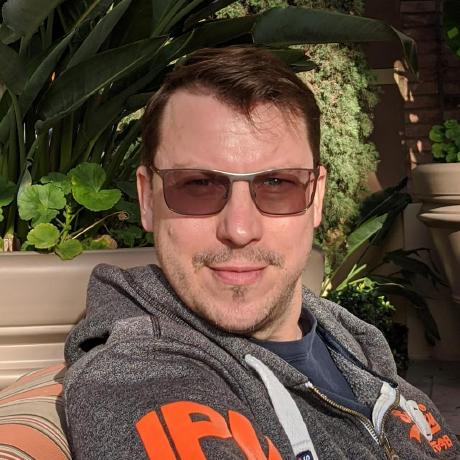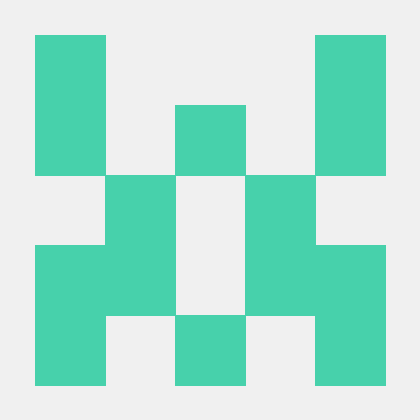Nirvana provides clinical-grade annotation of genomic variants (SNVs, MNVs, insertions, deletions, indels, STRs, gene fusions, and SVs (including CNVs). It can be run as a stand-alone package, as an AWS Lambda function, or integrated into larger software tools that require variant annotation.
The input to Nirvana are VCFs and the output is a structured JSON representation of all annotation and sample information (as extracted from the VCF). Nirvana handles multiple alternate alleles and multiple samples with ease.
The software is being developed under a rigorous SDLC and testing process to ensure accuracy of the results and enable embedding in other software with regulatory needs. Nirvana uses a continuous integration pipeline where millions of variant annotations are monitored against baseline values daily.
Fun Fact
Nirvana is a backronym for NImble and Robust VAriant aNnotAtor
What does Nirvana annotate?
We use Sequence Ontology consequences to describe how each variant impacts a given transcript:
In addition, we also use external data sources to provide additional context for each variant:
Licensing
Code
Nirvana source code is provided under the GPLv3 license. Nirvana includes several third party packages provided under other open source licenses, please see Dependencies for additional details.
Data
The data used by Nirvana is publicly available, however some data sources have special restrictions on use by non-academic entities.
Nirvana Team
Active Team
The Nirvana team works on the core functionality, AWS annotation services, in addition to keeping the annotation data sources up-to-date.
Current members of the Nirvana team are listed in alphabetical order below.

Fahd Siddiqui

Joseph Platzer

Rajat Shuvro Roy
Alumni
Nirvana would never be what it is today without the huge contributions from these folks who have moved on to bigger and greater things.

Elliott Margulies

Haochen Li

Julien Lajugie

Michael Strömberg

Ningxin Ouyang

Shuli Kang


